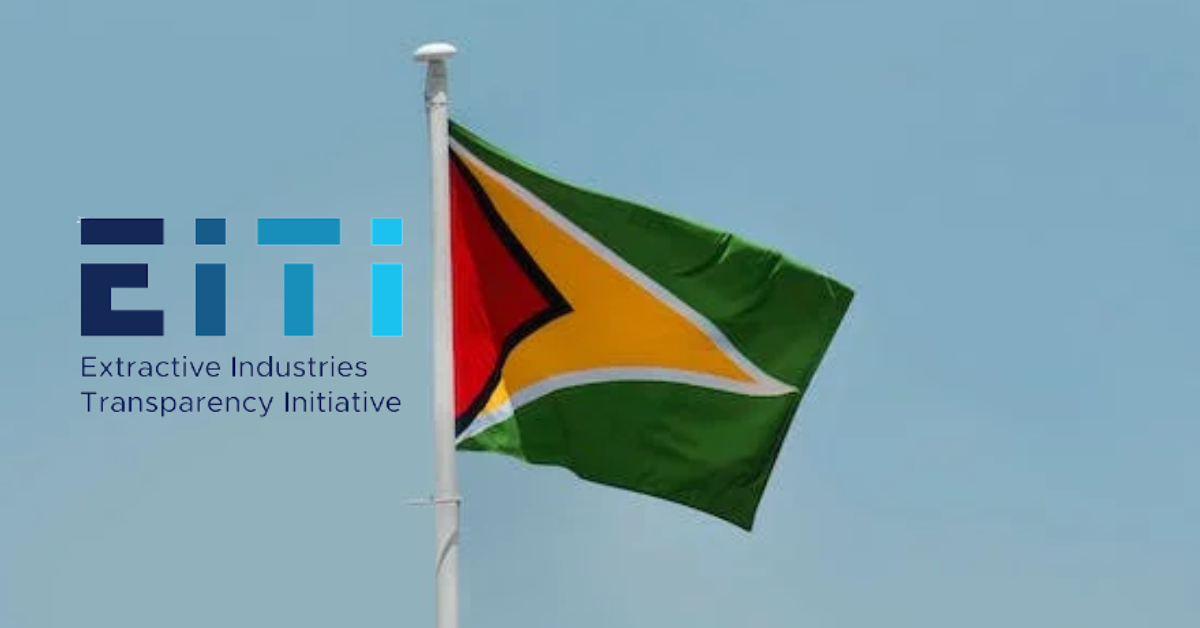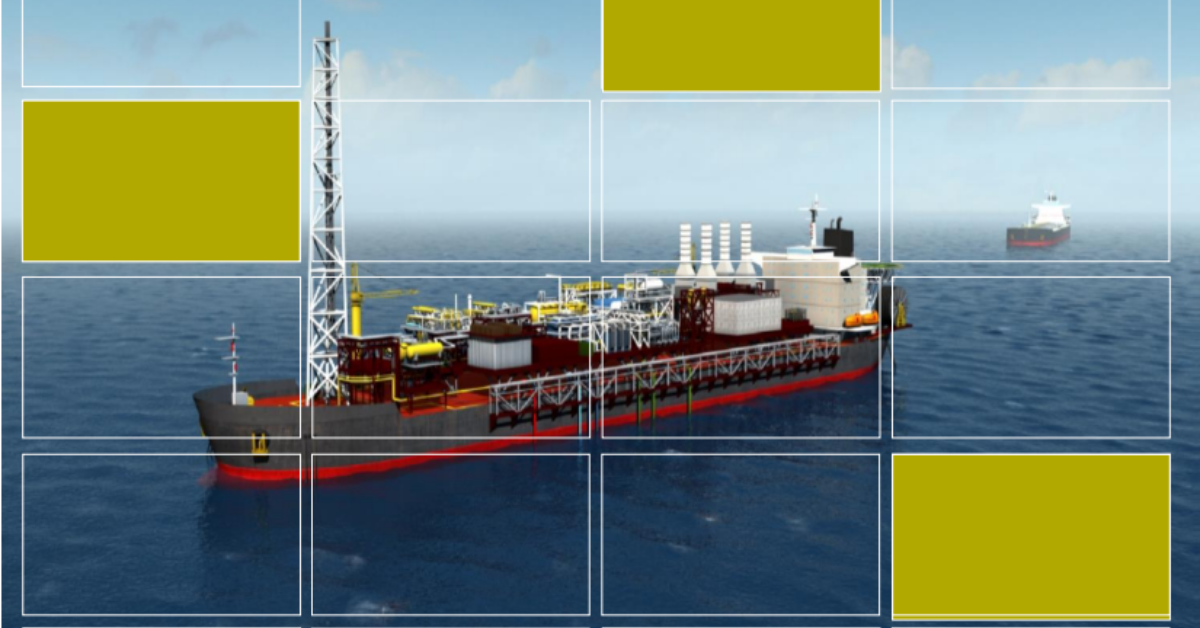How would you use data to explain that this is a fair contract to the average Guyanese?
On Thursday July 18th, the Stabroek News published an interview of Mr Henson, ExxonMobil Country Manager. Mr Henson is quoted as saying, “The contract is a fair contract. It absolutely is a fair contract given the risk profile of where Guyana is.”
I was recently privileged to listen to speeches by Chris Ram and Dr Jan Mangal in New York City. They made compelling cases why the oil contract needs to be renegotiated. Their presentations were decorated with bar charts, pie charts, and tables. They used copious amounts of data to support their salient points. The video recordings of their presentations are available at www.oggn.website.
Mr Henson’s interview lacks hard data. But he does use the word ‘frontier’ 4 times in what seems to be his main justification for why Guyana should accept the contract as fair. What does he mean by frontier? The depths at where the oil was found are depths that companies have been drilling at for more than 10 years. Hence, it cannot be technological frontier. Does he mean frontier in terms of location? We are significantly closer to Exxon’s Texas refineries than either Exxon’s oil operations in Africa or the Middle East. It cannot be location.
What qualifies Mr Henson to be a judge of whether the contract is fair? Does he have a Masters of Laws in Oil & Gas like Chris Ram? Or like Jan Mangal does he have a PhD from Oxford, one of the most prestigious universities in the world? No, Mr Henson is a graduate of Marietta College. Forbes Magazine ranks Marietta at number 525 in its America’s Top Colleges ranking.
One should look at incentives of individuals as it helps to understand their perspectives. Mr Henson represents Exxon. It is his job to market this contract using words instead of data to maximize the profits of his company.
Let’s look at the facts and data, instead of listening to marketing jargon.
What is Mr Henson comparing Guyana to when he says, “…the risk profile of where Guyana is.“?
1. If Guyana was located in the Middle East, then Exxon would have to worry about hostile waters. Iran is seizing tankers in the Straits of Hormuz.
2. If the oil was located on land, then Exxon would have to worry about thieves punching holes in the pipelines to siphon off oil. That happened with its operations in Africa.
3. If the oil was not located in the ocean, then it may be land locked as is the case in Alberta where it is hard to route the oil to refineries.
Guyana’s oil being located in the ocean, close to the refineries in Texas, calls into question Mr Henson’s statement of the contract being fair based on location. What are his data points and why should we trust his opinion over more qualified Guyanese?
In his June 1st letter in Stabroek News, Dr Mangal pointed out that on our initial 450 million barrels we should have received a US$1 billion signing bonus instead of the meagre US$18 million. On June 1st in New York City, he stated that with the current 5.5 billion barrels of oil we are being short-changed US$60 to 120 billion. That works out to between US$320,000 to $US640,000 per Guyanese family of 4. The average Guyanese earns US$4,000 a year. How would you use data to explain that this is a fair contract to the average Guyanese? You cannot! This contract is not fair and should be renegotiated.
Yours faithfully,
Darshanand Khusial,
M.Eng University of Toronto










